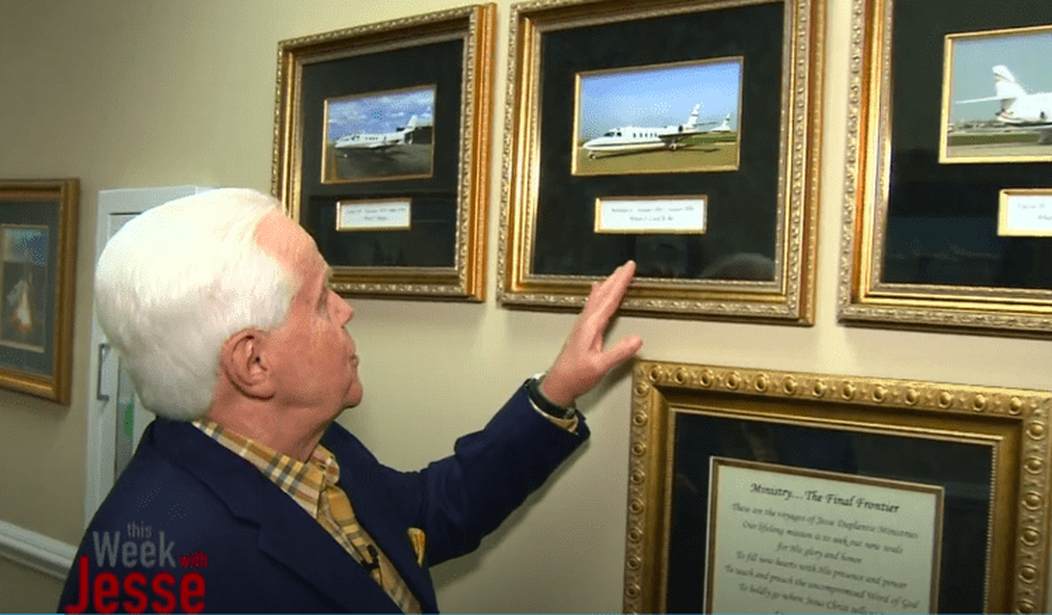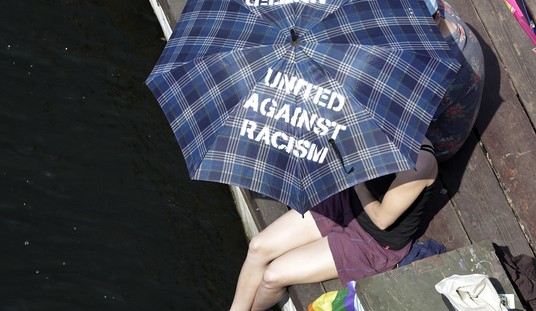The first argument my husband and I had as a married couple was about Santa Claus. We were strolling up a hill near the Colosseum, in Rome, and for some reason (I can’t remember now what it was) the subject of Santa came up. My husband, it turned out, felt that telling children that Santa is real is a lie he didn’t want to participate in. There had been no Santa in his house growing up, and he’d turned out alright. So he didn’t think our future children needed to believe in him either.
This led to an argument in which my husband, lovably logical man that he is, clearly laid out his reasons for not wanting to convince our son that a fat man in a red suit slides down our chimney once a year in the dead of night, eats all our cookies, and leaves us presents. To which I responded something like, “Yeah, but . . . I mean . . . but . . . the, you know, the magic! The magic of Christmas! There has to be Santa Claus!” and burst into tears. (In my defense, I’d just gotten married and was in a foreign country with a man who didn’t think children should believe in Santa Claus.)
I won the argument. Not because I was more convincing. Clearly, in a court of law (where my husband actually spends a lot of his time), he would have won. He was logical and clear and I was a babbling wreck. But I cared more and wouldn’t let it go so, to shut me up, he agreed. And, God love him, he kept his word.
This is my son’s second Christmas, and my belief that the right jolly old elf ought to have a place in his heart is stronger than ever. Part of it (and I’ll admit it’s a big part) is the idea so famously captured by Francis Pharcellus Church in The Sun all those years ago when he told little Virginia O’Hanlon that yes, there is a Santa Claus. The idea I was trying to convey to my husband. The idea of magic.
Waking up on Christmas morning and running into the living room to see if Santa had come is one of my most vivid, most cherished childhood memories. Not because of the presents. I can honestly say it wasn’t (all) about the presents. It was because something miraculous had happened. In my own home. Something supernatural, and awe-inspiring, and beautiful. In my mind, when I picture that moment, the tree and the presents and the air around them all sparkle as if sprinkled with fairy dust. Literally, this is how I see it in my mind’s eye. I believed.
And that sense of wonder, that belief that impossible things can happen, has served me well. Of course, at my age, I don’t believe that Santa is a real human being who actually visits people’s houses on Christmas eve. That would be weird. But I do still believe that miracles can happen. I believe that there is more to life than what I can see and touch. That there are realms beyond this one in which the laws of nature don’t apply.
See (and this is the real reason I’m so adamant that Santa should be a part of our lives), even though Santa himself isn’t actually real, all those other things are. There are miracles in the world. There are things beyond our ken. There are wonderful, beautiful, mysteries and possibilities and impossibilities. They happen. You know it. I know it. Santa taught me.
And yes, Santa teaches us all kinds of other things about giving and receiving, about gratitude and love, and anticipation and fulfillment. And those are good lessons to learn too. But you don’t need Santa for those things. And you definitely don’t need him to be your watchdog. All that naughty and nice business is ridiculous in my opinion. But that thing about miracles, well, that’s important.
And this year, when I sit in church on Christmas Eve, contemplating the miracle of the Word made flesh, I’ll know it was that belief in miracles that allowed a 30-year-old agnostic to wander into a church one day and say, “maybe.”
Miracles do happen. Santa Claus is real. Merry Christmas.









Join the conversation as a VIP Member